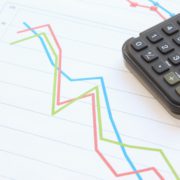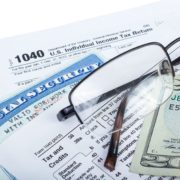One Big Beautiful Bill Act Changes to Depreciation
On July 4, 2025, with the passing of the One Big Beautiful Bill Act (OBBBA), taxpayers received news in the world of added deductions and potential tax benefits. There are multiple layers of the bill with this article covering the depreciation impact
Changes to Bonus Depreciation
Under the provisions of the OBBBA, bonus depreciation will be permanent, and qualifying assets can now take 100% of bonus depreciation for property acquired after January 19, 2025.
Before the OBBBA, the Tax Cuts and Jobs Act (TCJA) of 2017 made bonus depreciation a temporary method of depreciating assets, with a gradual phaseout beginning in 2026.
Examples of property that qualifies under the new legislation include:
- Tangible personal property with a recovery period of 20 years or less
- Machinery, equipment, vehicles, computers, furniture
- New and used assets (as long as not acquired from a related party)
Changes to Section 179 Depreciation
The OBBBA also makes changes to Section 179 depreciation. The expense limit on assets has increased to $2.5 million, with a phaseout threshold of $4 million. Before the OBBBA, the deduction was capped at $1.25 million, with a lower phaseout threshold.
New Depreciation for Qualified Production Property
For businesses in the manufacturing, agricultural, or chemical refining industries, a new 100% depreciation option is now available for qualified production property (i.e., 39-year property). This depreciation can be applied to certain nonresidential real property placed in service between January 19, 2025, and January 1, 2031, with construction starting no later than January 1, 2029. The property must be located in the United States, must be integral to operations, and can exclude portions of the property used for unrelated activities such as office space, parking, or administrative services.
This provision functions similarly to bonus depreciation for applicable assets. The intent of the 100% depreciation for QPP is to encourage more manufacturing within the United States.
What These Changes Mean
Generally, accelerated depreciation methods are valuable tools for savings; however, acceleration may not always be the best choice. Please consult your tax advisor for further guidance as the Internal Revenue Service provides additional clarity on the OBBBA in the coming months.










